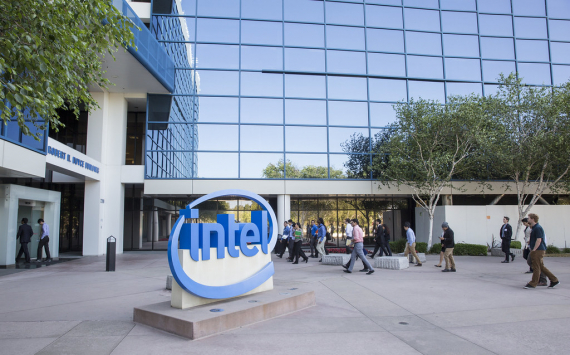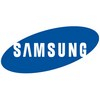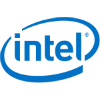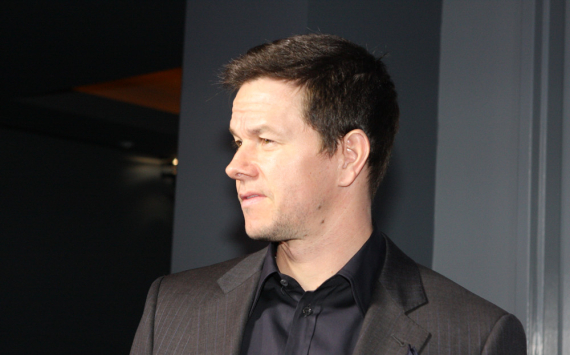
Intel's new move
Intel has recently announced an agreement with Arm that will make Intel a viable manufacturing option for any Arm-based chip designer. This is a significant move, given that Arm-based chips currently dominate the smartphone market and Intel has failed in its previous attempts to enter the market with its line of Atom mobile SoCs.
Intel's current focus is on its core PC and server CPU businesses, but the company is also building out a foundry services business to rival market leader TSMC. One of Intel's core competencies is semiconductor manufacturing, and the company plans to leverage this expertise to make chips for industries that would otherwise be unreachable.
Intel's 18A manufacturing process, which is not scheduled to be ready for volume production until the second half of 2024, will initially focus on enabling the manufacture of mobile SoCs. Over time, the scope of the agreement could be expanded to include chips for automotive, Internet of Things, data center, aerospace, and government applications.
The semiconductor manufacturing process is complicated and capital intensive, so many chip designers focus on chip design and outsource manufacturing to third-party foundries like TSMC or Samsung. TSMC currently leads the third-party foundry market with a revenue share near 60%. This demand has led to incredible growth and profits for TSMC, which booked nearly $76 billion of revenue and around $34 billion of net income in 2022. For a company like Apple that needs to manufacture hundreds of millions of chips each year on the absolute best manufacturing process available, TSMC is essentially the only game in town.
However, Intel is positioning itself to be an alternative option for companies like Apple. With the Arm deal, Intel will have a real shot at stealing away a meaningful amount of business starting in 2025. Intel already has a large manufacturing footprint, and it's been ramping up manufacturing investments under CEO Pat Gelsinger.
Of course, Intel's history of manufacturing delays could be a potential challenge, and the company will need to convince potential customers that those troubles are behind it. However, if everything goes according to plan, Intel could have a new multibillion-dollar business on its hands.













































